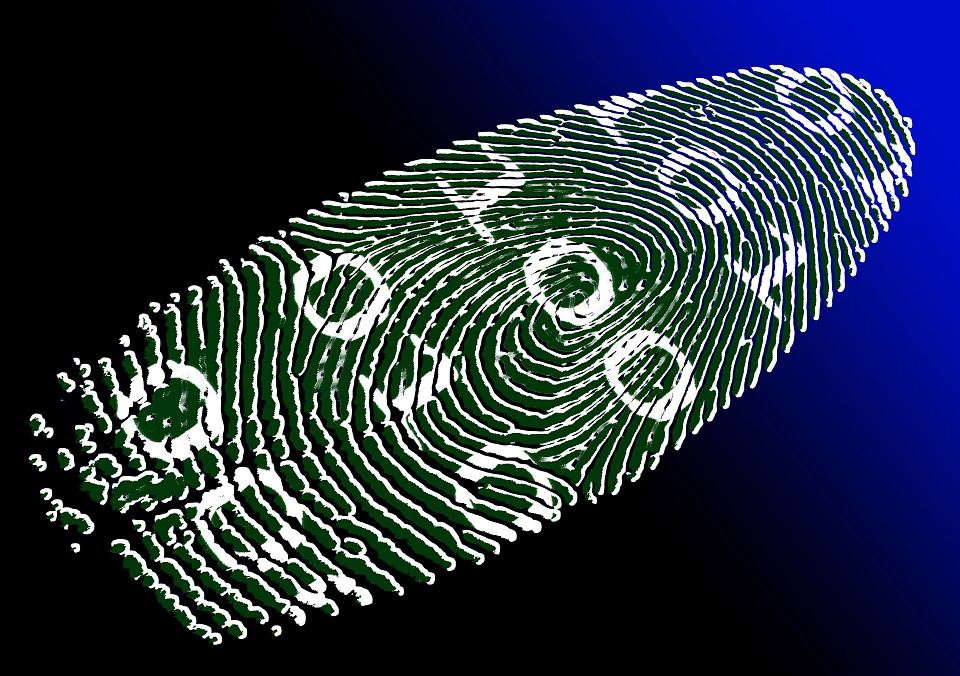Ethereum Co-founder Suggests Use of Stealth Addresses for Privacy-based Transactions

Last week on January 20, Ethereum co-founder Vitalik Buterin published a new blog post putting forward the proposal of a "stealth address system” in order to provide blockchain users with advanced privacy protections.
This new system of stealth addresses would allow users to generate obfuscated addresses and receive funds privately on the network. Besides, Buterin noted that the new system can offer more privacy to user activities ranging from financial transactions as well as non-fungible tokens (NFTs).
Furthermore, the system will allow users to create “stealth addresses” wherein they can conduct private transactions using a special code dubbed the “spending key”. In order to transact in a private way, the stealth addresses will be generated using wallets and muddle public key addresses.
The Ethereum co-founder stated that privacy has been a big concern given that all transactions on the Ethereum blockchain are public. In his January 20th blog post, Buterin wrote: “In practice, using the entire suite of Ethereum applications involves making a significant portion of your life public for anyone to see and analyze. Improving this state of affairs is an important problem, and this is widely recognized”.
Buterin’s proposal comes just at a time when the regulators have been tightening up their scrutiny on obscure transactions happening on a variety of blockchain-based platforms. Popular crypto mixing service Tornado Cash, which allowed users to mask their transactions on Ethereum, was sanctioned last year in August 2022 by the US Treasury Department.
The Ethereum co-founder noted that Tornado Cash had limits saying it can only hide “mainstream fungible assets such as ETH [ether] or major ERC-20s”. Stealth addresses would provide a mechanism that can add privacy protections to Ethereum Name Services (ENS) domain names and non-fungible transactions (NFTs).
Commenting on Vitalik Buterin’s blog post, Ethereum researcher Toni Wahrstätter told CoinDesk stealth addresses have a greater potential use-case in almost every transaction wherein the interaction between the two parties won’t be revealed to the public.
He added that stealth addresses are quite important from the view of expanding everyday crypto use. This could be for activities such as “donations or simply payroll checks,” wherein the user might not want other to see their personal transactions on a public blockchain.
“For example, when I buy a coffee at the supermarket, I might not want the supermarket to know my employer, how much I earn and what I spend it on," Wahrstätter added. "Stealth addresses are yet another, quite straightforward tool to increase the overall privacy in the network.”


